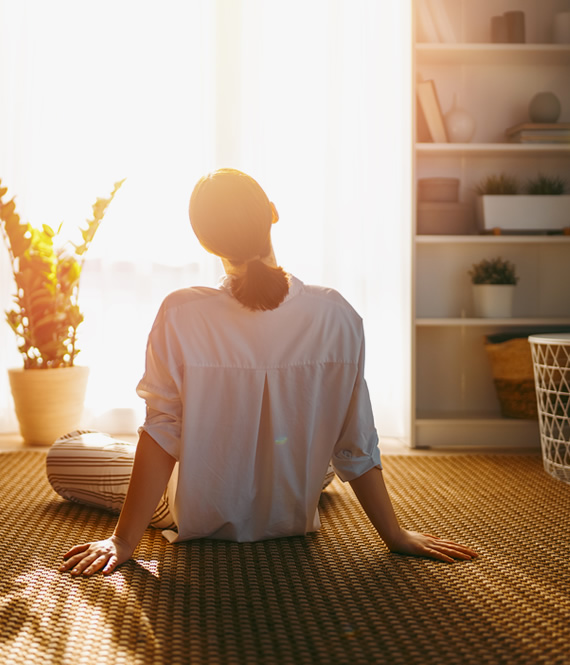
How More Natural Light Can Elevate Your Home and Well-being
We recommend helpful products in our articles. Read our full disclosure here. The content on this website is not intended to be a substitute for professional advice, diagnosis, or treatment.
Natural light in residential spaces offers more than just illumination; it plays a crucial role in people’s well-being.
From the way sunlight brightens up corners to the way it influences the occupant’s mood and health, the impact of natural light cannot be overstated.
The modern lifestyle often pushes people to spend a great part of their day indoors.
Thus, understanding and optimizing the way natural light affects us becomes not just a matter of aesthetic preference but a vital component of our everyday health and happiness.
Home Design and Construction
Home design and construction have long acknowledged the significance of natural light, as architects and builders have sought to incorporate it into their designs.
In parallel, advancements in building components and materials have played a role in enhancing the utilization of natural light.
For instance, vinyl window manufacturers have made advances in window design, offering products that not only enhance the natural light in a room but also provide energy efficiency and aesthetic appeal.
Benefits of Natural Light At Home
Here’s a look at the many ways natural light contributes to well-being at home, exploring its physiological and psychological benefits.
1. Enhancing mood and reducing depression
Studies have shown that being exposed to natural light improves mood and decreases symptoms of depression.
Sunlight triggers serotonin, a neurotransmitter linked with happiness and well-being.
Homes with ample natural light can thus contribute to a more positive mood and a general sense of wellness among the occupants.
2. Regulating circadian rhythms
The human circadian rhythm or internal clock is strongly influenced by natural light.
Sunlight exposure, especially in the morning, aids in regulating our sleep-wake cycles.
This regulation is crucial for a good night’s sleep and overall health.
Well-designed homes that maximize natural light can help maintain these natural rhythms, leading to better sleep and more energized days.
Meanwhile, disruptions in the circadian rhythm may contribute to various mental health issues, including depression, bipolar disorder, and Seasonal Affective Disorder (SAD).
The circadian rhythm also influences the release of different hormones, including cortisol, melatonin, and growth hormone.
A balanced circadian rhythm ensures these hormones are released in appropriate amounts and at the proper times.
Essentially, the circadian rhythm is integral to nearly all aspects of one’s physical, mental, and emotional health.
Interference with this internal clock can lead to health issues, which highlights the importance of maintaining a regular sleep pattern and exposure to natural light cycles for overall well-being.
3. Improving physical health
Natural light is an integral source of Vitamin D, essential for bone health, and is linked to lower rates of certain diseases.
Exposure to sunlight has also been shown to boost the immune system, aiding the body in its defense against illnesses.
The presence of natural light in homes can thus play a significant role in the physical health of its occupants.
Aside from this, morning sunlight also acts as a natural signal for starting the day, encouraging a healthy routine.
It can motivate people to do more physical activities, get more outdoor exposure, and set a positive tone for the rest of the day.
4. Energy efficiency and sustainability
Apart from health benefits, natural light also contributes to energy efficiency at home. Utilizing daylight reduces the need for artificial lighting, which goes a long way in helping you save on electricity bills and minimize environmental impact.
Aside from this, adequate sun exposure could help regulate indoor temperatures during cold weather.
This aspect is particularly important in the context of sustainable living and energy conservation.
5. Aesthetic and psychological benefits
Aesthetically, natural light can instantly transform your living space.
It can make rooms appear larger and feel alive.
Indoor colors also look more vibrant with adequate illumination.
Moreover, natural light can create a dynamic play of light and shadows, which enhances the beauty of your living spaces.
Psychologically, living in a well-lit space can reduce feelings of confinement and stress, contributing to a more relaxed and positive home environment.
Challenges and Solutions
Despite its numerous benefits, integrating natural light into homes is not without its challenges.
Issues like glare, excessive heat, and privacy concerns need to be addressed.
Fortunately, solutions such as strategic window placement, the use of light-filtering window treatments, and landscaping can help mitigate these issues and allow homeowners to let more natural light in and maximize its benefits.
Conclusion
The impact of natural light on home well-being is multifaceted and profound.
From enhancing mood and regulating circadian rhythms to improving physical health and contributing to energy efficiency, the benefits of incorporating natural light into our homes are clear.
And as we continue to spend a significant portion of our lives indoors, it becomes increasingly important to recognize and harness the power of natural light.
That said, embracing natural light in our homes is not just a design choice; it’s a step towards healthier, happier lives!
"We love to research problems, examine studies, analyze solutions, and share with you ideas that make life healthier. You can learn about us and our editorial standards here. Have suggestions or feedback to share? Send us a message!."

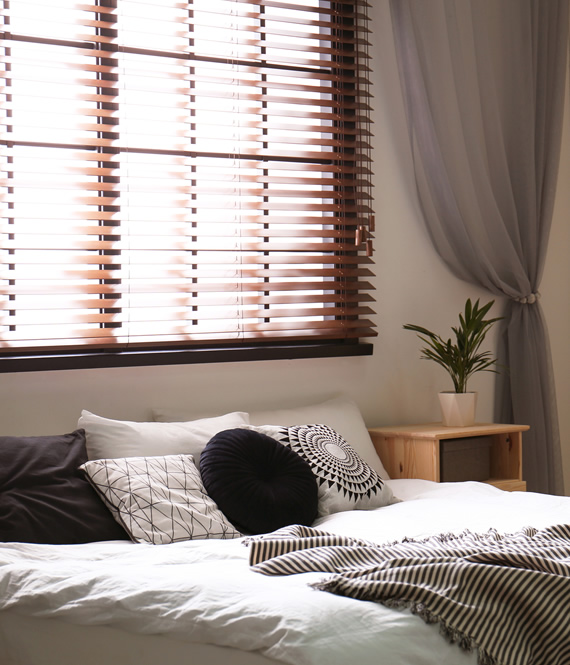

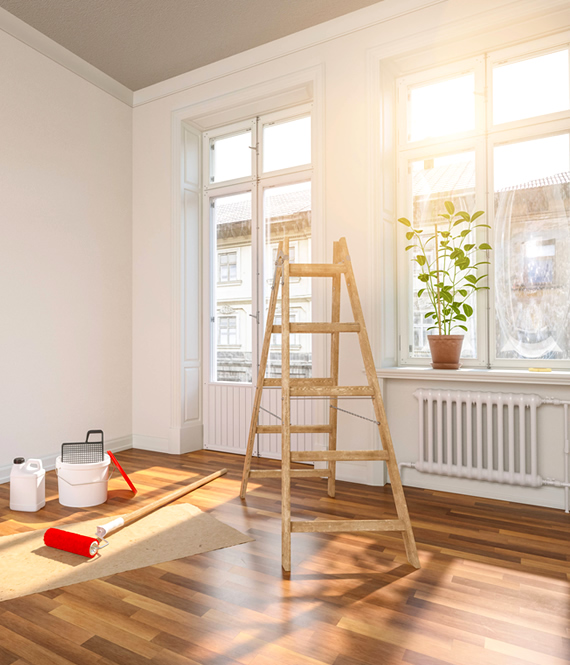
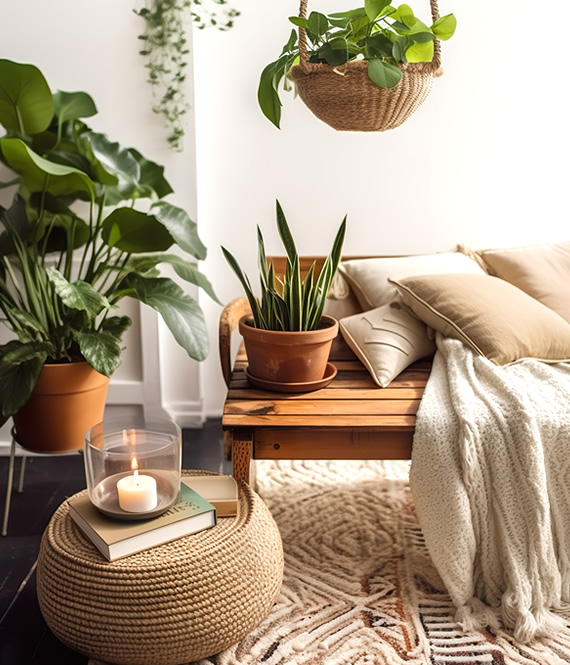


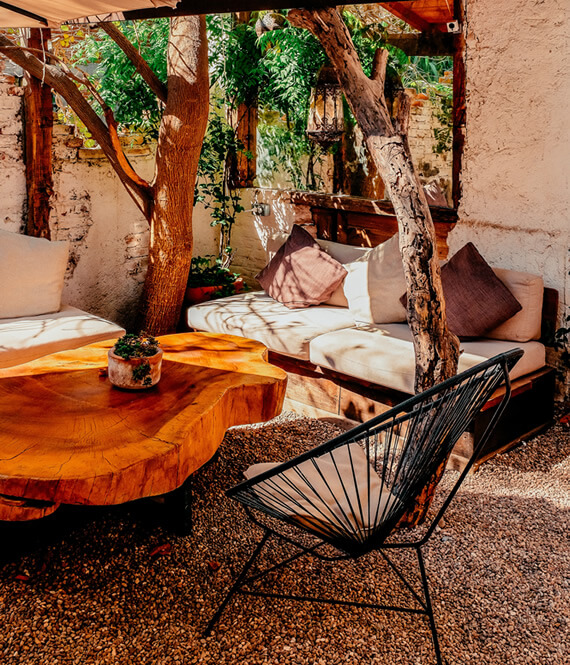
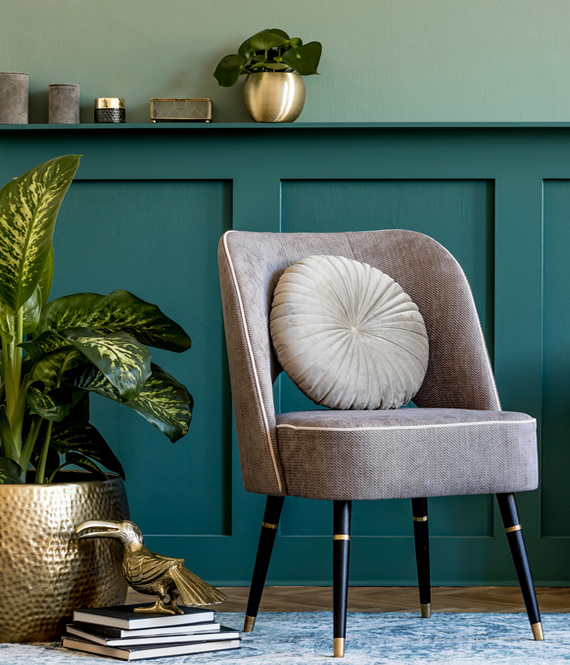

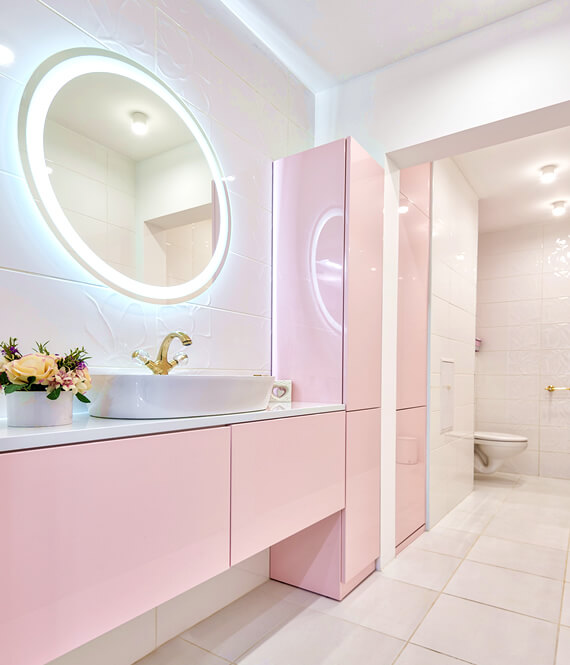
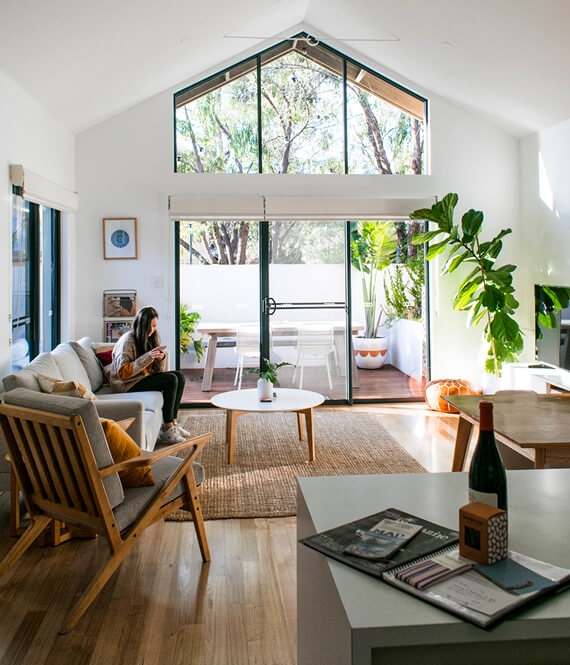
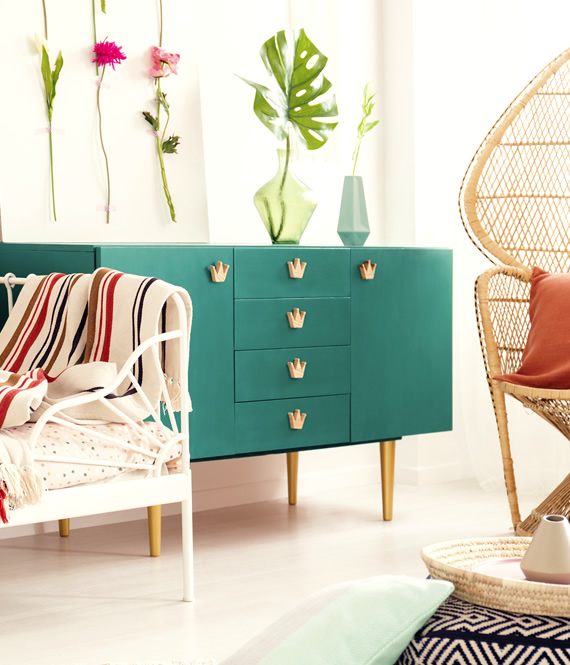
Leave a Comment